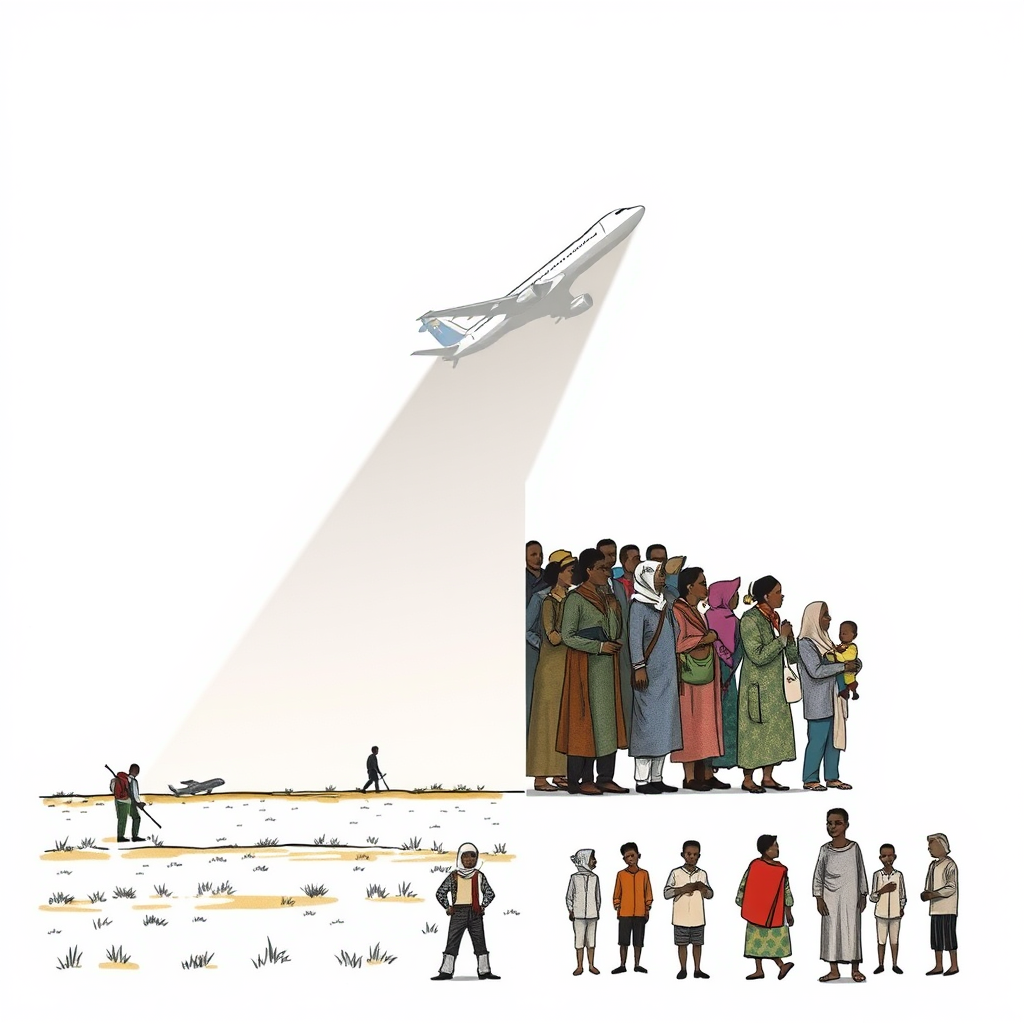Trump Defends Prioritizing White South African Farmers

President Donald Trump reacted sharply to questions regarding the recent arrival of South African farmers in the United States, defending the decision as a humanitarian effort while dismissing concerns about potential racial bias. Approximately 60 Afrikaner families – white South Africans of Dutch descent – were brought to Idaho earlier this week through a program typically reserved for individuals fleeing war or persecution.
During a conversation aboard Air Force One following his Middle East tour, a reporter questioned the selectivity of the program, asking why these farmers were prioritized over other refugee groups. Trump responded with a forceful defense, stating his concern for individuals in distress is irrespective of race or appearance. He characterized reports as indicating the South African farmers are facing brutal treatment, and asserted he would respond similarly regardless of their ethnicity.
“If they were Black, I’d do the exact same thing,” Trump stated, adding that his administration is prepared to offer refuge to those facing genocide. He went on to suggest a potential “genocide” is occurring in South Africa, a claim refuted by South African courts in February. These courts have consistently maintained that the narrative of a “white genocide” is a myth.
Trump subsequently criticized the reporter’s line of questioning as “nasty,” suggesting he would prefer to avoid such inquiries. He framed his administration’s actions as solely focused on saving lives and reiterated a commitment to assisting others “treated badly, no matter what their color.”
The incident highlights a sensitive issue surrounding refugee policy and the potential for perceptions of bias. While Trump frames the decision as a purely humanitarian one, the prioritization of white South African farmers raises questions about equitable application of refugee programs and the administration’s broader immigration policies. The claim of a potential genocide, unsupported by official findings, further complicates the narrative and fuels existing debates about the administration’s rhetoric on international issues.